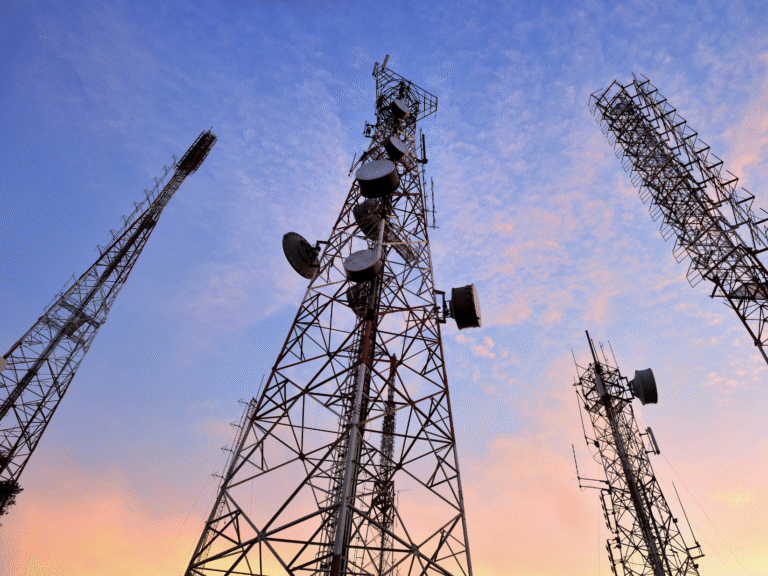In response to recurring internet disruptions across Africa, telecom leaders, including the African Telecommunications Union (ATU), Internet Society (ISOC), and African Network Information Centre (AFRINIC), are calling for the adoption of a Model Framework for Building Regional Internet Resilience.
The framework, endorsed by these organizations, aims to safeguard Africa’s digital infrastructure against outages that cripple communication and critical services.
The proposed framework focuses on three key areas: strengthening networks and internet service providers (ISPs), securing critical infrastructure like power grids and undersea cables, and improving market conditions to enhance affordability and demand.
Once adopted, entities such as mobile operators, ISPs, internet exchange points, and country-code domain registries must develop resilience plans within a year. These plans, to be updated annually, must integrate redundancy, resourcefulness, and rapid recovery to ensure robust operations.
ALSO READ: ORACLE, GOOGLE CLOUD PARTNER TO BRING GEMINI AI TO BUSINNESSES
The urgency of the framework was underscored by past incidents, such as the March 2024 West Africa Cable System failure, which disconnected 13 countries for days. “Connectivity is Africa’s nervous system. When it falters, schools, hospitals, and markets suffer,” said John Omo, ATU’s Secretary General. “This framework is our insurance against digital darkness.”
Arthur Carindal, AFRINIC’s Head of Stakeholder Engagement, praised the collaborative effort, stating, “This initiative unites stakeholders to strengthen Africa’s internet infrastructure through policy recommendations and best practices.”




